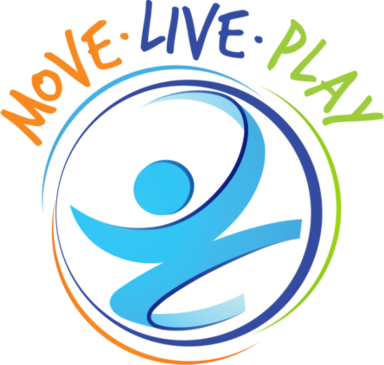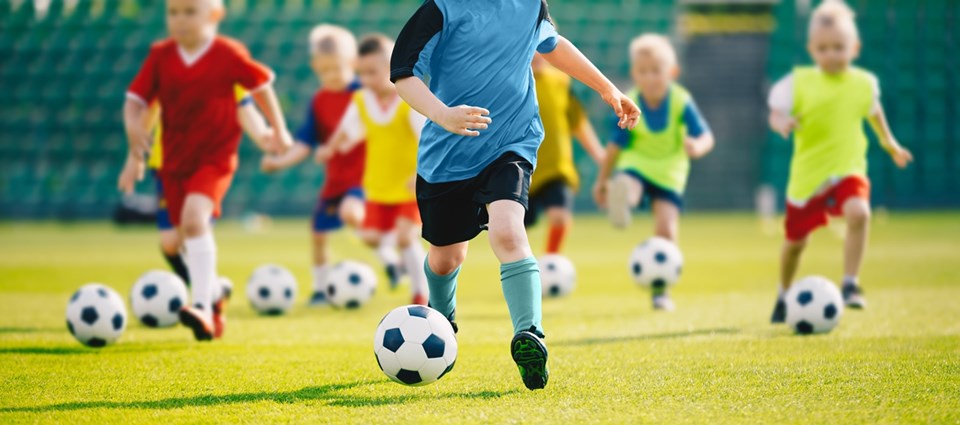Whether it’s playing a game of football or soccer, enjoying the neighborhood playground or taking a road trip, people of all ages tend to be more active during the summer months. However, these very same activities can also increase your risk for suffering a concussion.
Concussions are considered a traumatic injury and occur when the brain is violently shaken, often due to a blow to the head or a rapid change in head position, such as what occurs in motor vehicle accidents when people sustain a whiplash related injury to the head/neck region. Although this type of injury does not usually require hospitalization, it’s important to recognize symptoms and seek treatment immediately to help avoid long-term consequences.
A person suffering from a concussion may experience a variety of symptoms, including:
- Dizziness
- Headache
- Sensitivity to light and noise
- Double or blurred vision
- Weakness or loss of balance
- Fatigue
- Confusion
- Difficulty concentrating
- Changes in personality or behavior
If you suspect you or a loved one has a concussion, the first thing you need to do is contact a sports medicine physician, neurologist, or primary care physician with concussion management experience. After initial diagnosis and treatment, he or she may refer you to a physical therapist.
No two concussions are alike, and a PT can create an individualized recovery plan. He or she will identify your threshold for physical activity and then prescribe a plan that is appropriate for your condition in order to allow a safe progression back to physical activity. As your symptoms resolve, your PT will help you gradually increase your activity level.
PTs can also help if you experience dizziness or loss of balance after a concussion. Vestibular physical therapy targets the inner ear and its connections with the brain and may help stop or reduce dizziness or balance problems through special treatments and specific exercises.
After a concussion you may experience muscle weakness or a loss in endurance. A PT can help you regain strength by creating a tailored exercise program and closely monitor your symptoms as you increase your activity level back to the intensity of your desired sport or recreational activity.
Although not everyone needs physical therapy after suffering a concussion, it can be beneficial to assess your tolerance to activity and limitations regarding strength and movement and develop a progressive program so you can successfully return to your sport.
To learn more about concussion treatment, visit a PT near you.



Leave a Comment